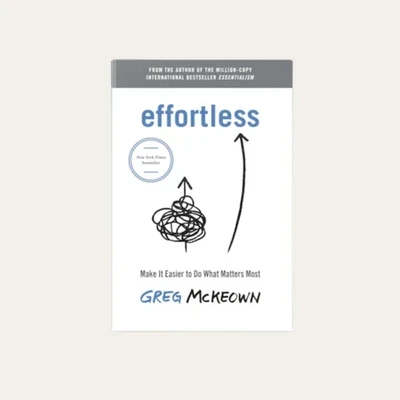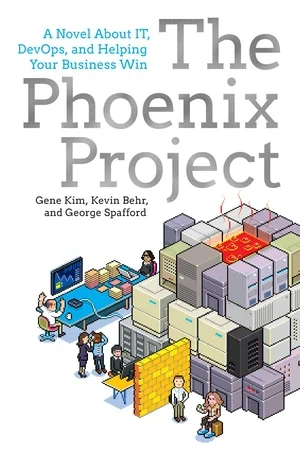The Pragmatic Programmer: Your Journey to Mastery

Thomas and Hunt’s foundational text on engineering excellence, covering DRY, orthogonality, tracer bullets, automation, and continuous learning.
Resources & Links
Timeless principles for software craftsmanship that bridge individual code quality with operational excellence—proving pragmatic discipline scales from functions to distributed systems.
Who This Is For
Junior to senior software engineers seeking foundational best practices. Mid-level developers ready to level up their craftsmanship. Technical leads establishing team standards and code quality expectations. DevOps/platform engineers building reliable, automated systems. Engineering managers responsible for code quality and team effectiveness.
Key Takeaways
- DRY Principle (Don’t Repeat Yourself): eliminate knowledge duplication across code, documentation, and data—every piece of knowledge should have a single, authoritative representation in your system to reduce maintenance burden and prevent inconsistencies.
- Orthogonality: design independent, decoupled components that change in isolation—modifying database schema shouldn’t require UI changes, making systems more flexible, testable, and resilient to requirements shifts.
- Tracer Bullets Over Prototypes: build end-to-end skeleton systems early with real integration points, then iterate—provides immediate feedback, demonstrates progress to stakeholders, and establishes architecture patterns the team can follow.
- Broken Windows Theory: fix bad code, designs, or wrong decisions immediately—visible neglect accelerates entropy, while maintaining high standards creates psychological momentum toward quality and craftsmanship across the entire codebase.
- Tool Mastery and Automation: invest deeply in shell scripting, text manipulation, and editor power features—automating repetitive tasks compounds productivity gains and frees cognitive bandwidth for solving complex problems.
Related Books
More titles with similar themes.
Effortless
Design systems and defaults so the essential work happens with less friction and more flow.
By Greg McKeown
The Phoenix Project: A Novel About IT, DevOps, and Helping Your Business Win
DevOps principles transform dysfunctional IT into business-enabling infrastructure through this gripping novel about constraints, flow, and operational excellence.
By Gene Kim, Kevin Behr, George Spafford

